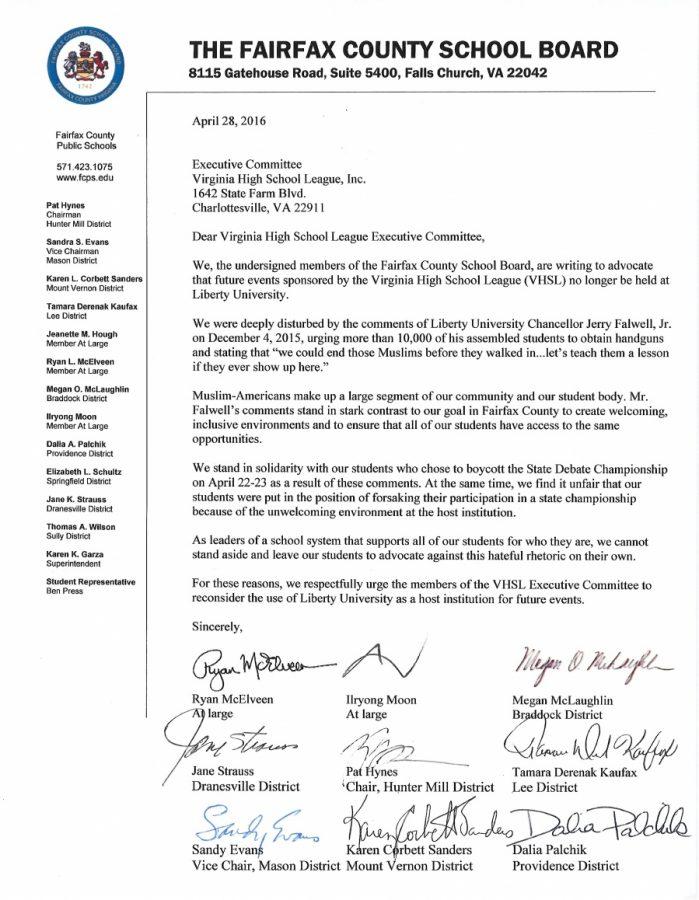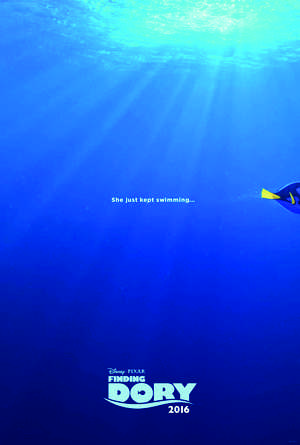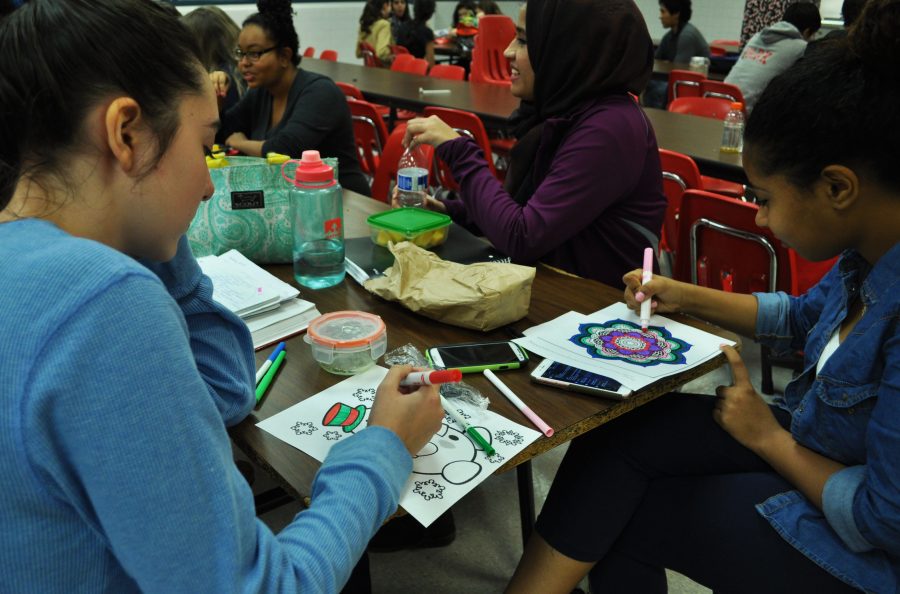Imagine going to a school where there aren’t a certain amount or type of classes. Where there are 8000 other students with clubs, athletics and activities that rival those of a small university. In Quebec, a province of Canada, students go to a Cegep instead of 11th and 12th grades. A Cegep is a school between high school and university, where, unlike the restrictive system here in Fairfax County, students have the full reign of control on what they can do and accomplish. This increased flexibility and independence students have at a Cegep is better than a restricting set schedule, which gives Fairfax County students more stress and more work in subjects students may not be interested in.
“Cegep is a transition between high school and university,” said, Becky Pimienta, a 17 year old Montreal resident and first year student at MyDawson Cegep.
First of all, students at a Cegep have more flexibility when picking their schedules. According to Becky, students at a Cegep have to specialize in a specific program starting in year one. Becky, as well as her sister Sarah, are both concentrating in the Literature program. Other concentrations include everything from Chemistry to 3D Animation to Women’s Studies.
No matter what concentration they choose, students must take core classes of in humanities, French, English and P.E. in a semester system.
“[There is] a lot, a lot of work, so much more than high school. [I’m] so overwhelmed with essays and homework,” Sarah Pimienta said.
Becky states, the program depends on the stress level, and that concentrations in science tend to have more homework than concentrations like arts and literature.
The program at a Québécois Cegep is better than the traditional American system because of the students’ lack of independence here. Despite the claim that Cegep is thought of as more work than high school, students there also have more independence in how they schedule their day. Here, we have a school day of first period, third period and so on, whereas at a Cegep students pick their schedule in the way a university student would. First of all, they have the choice between the much-less popular night school (which starts at 5 p.m.) and day school.
Students schedule their class times and don’t have the same amount or type of classes per day. For example, Sarah takes three classes on Monday, with a two and a half hour break, three on Tuesday, with a four and a half hour break, one class on Wednesday and Friday and four classes on Thursday with a one and a half hour break.
Independence is shown in the treatment of the rules and time management.The lack of classes for certain periods of time makes room for a plethora of things to do in that time.
Becky said that her two to five hour breaks (depending on the day) between classes are, “[a] great time to study, do homework or relax,” and allows her more time to do work. This is especially important because, “you can’t do any last minute work before class,” Becky said.
Sarah exemplified this with lunch in that, “[I] either eat lunch with friends or go study or go on my phone, like most of the time.”
On rules, Becky explained,”[there is] no dress code, but don’t wear inappropriate clothes (ie. bikinis), but no one does since it is so cold in the winter. No cell phone use in class. Nothing happens, but the teacher can mark it down and take percentage off your grade [and] no computers unless you have permission (computers are uncommon).”
Some Cegep students may complain about how even though it’s free, students still spend a couple hundred dollars on books, how transportation and housing is provided by the student (the Pimientas travel 45 mins from their home in the suburbs to downtown by bus and Metro, though some foreign students live in designated student apartments) or the lack of teacher-student relationships.
“Some [teachers] know my name, some don’t,” said Becky Pimienta, with chances for help being office hours depending on the teacher.
While, Sarah claims, “basically I go up to ask questions, same as in High School.”
Despite these drawbacks, the pros of starting a flexible, independent university-style education a couple years early is a better system than the current one in the U.S. Our system of compulsory classes here in Virginia has the possibility to just drag down our GPAs and add stress to our lives if we don’t enjoy studying a particular subject.
What McLean Says:
McLean oceanography/geosystems teacher, Mrs. Hoefer, said, “[FCPS] seems to work pretty well, ” and giving students a system similar to the Québécois Cegep,”[is not] a great idea because even as a freshman in college, high school students [don’t] necessarily have the mental maturity to handle a less structured environment. [As well as]all students should come out having a broad view of all of these subjects areas. [Students] need to go out into the world prepared for many different disciplines, because you never know what you are going to end up in.” She also thinks there is a lot of flexibility with schedules in FCPS.







